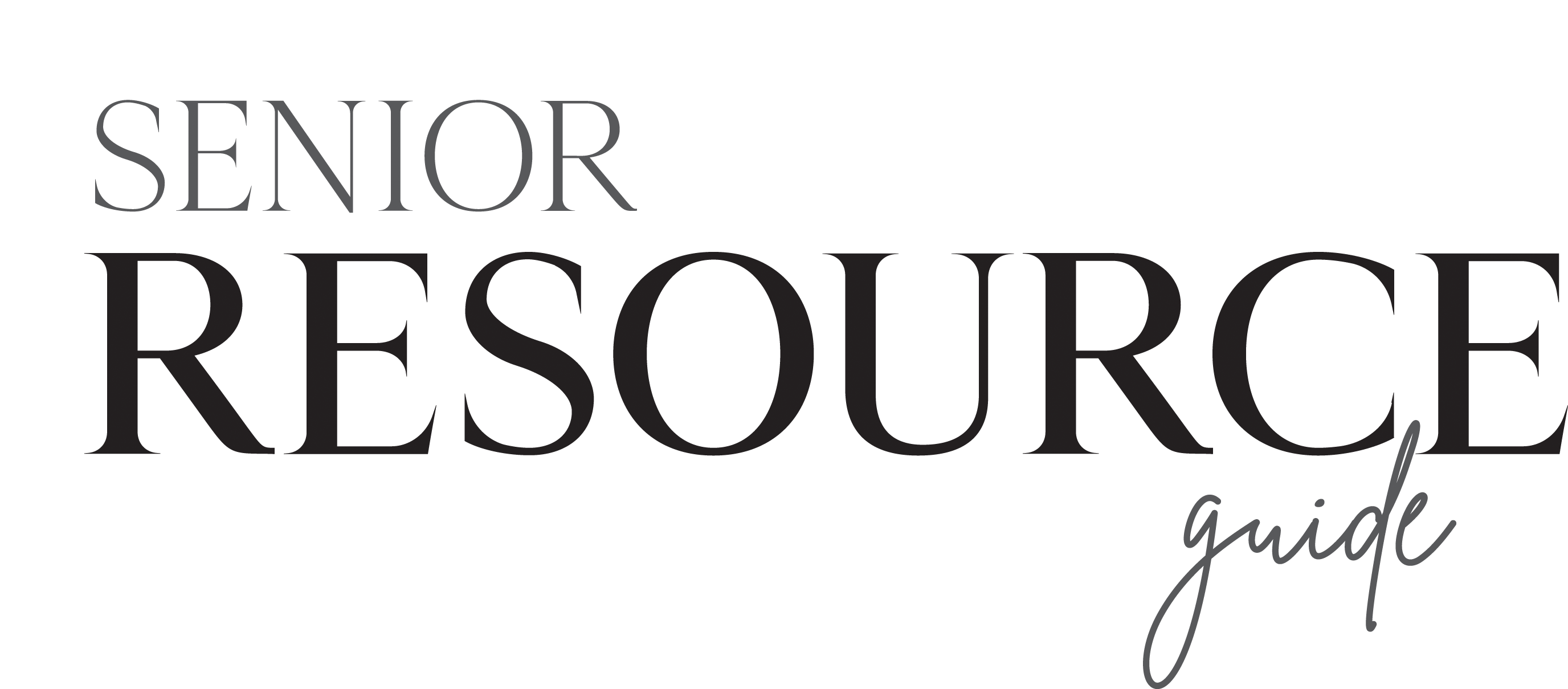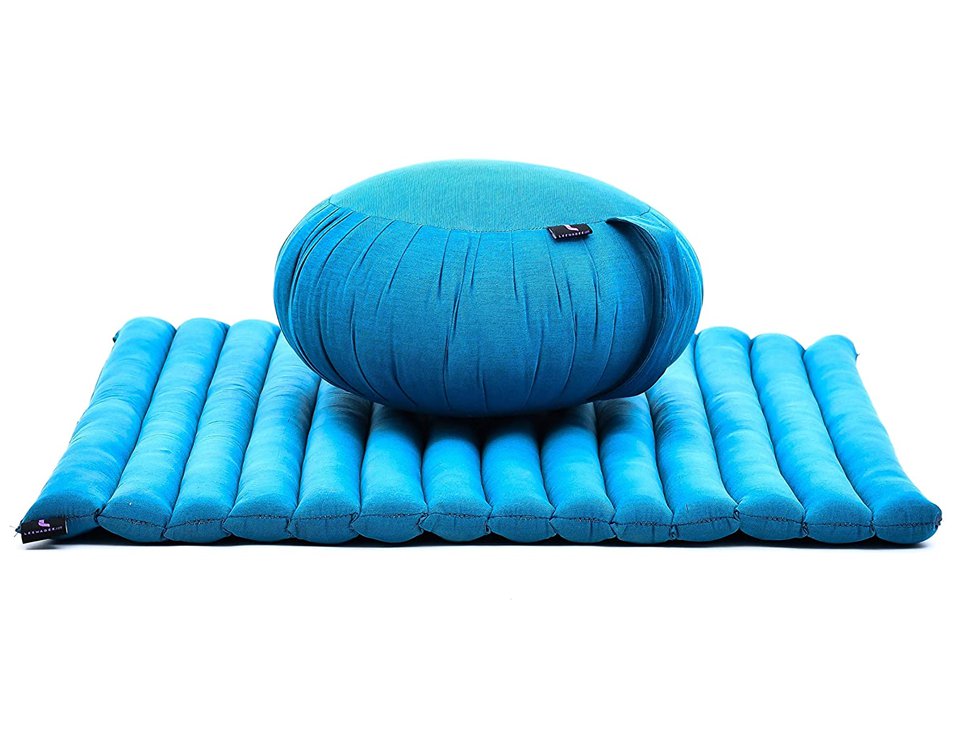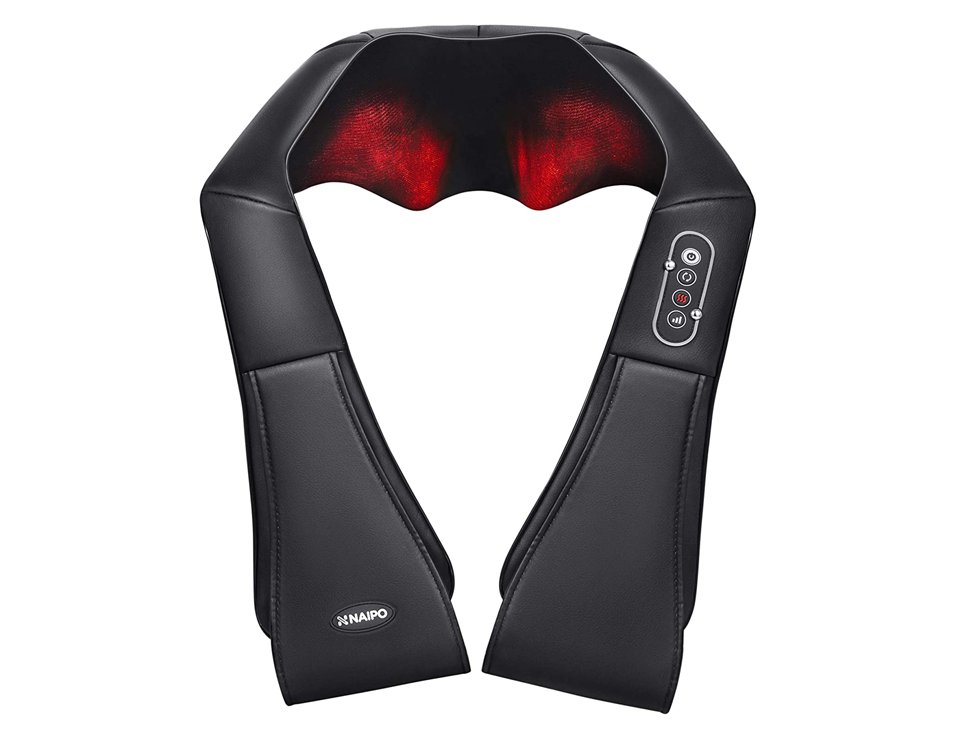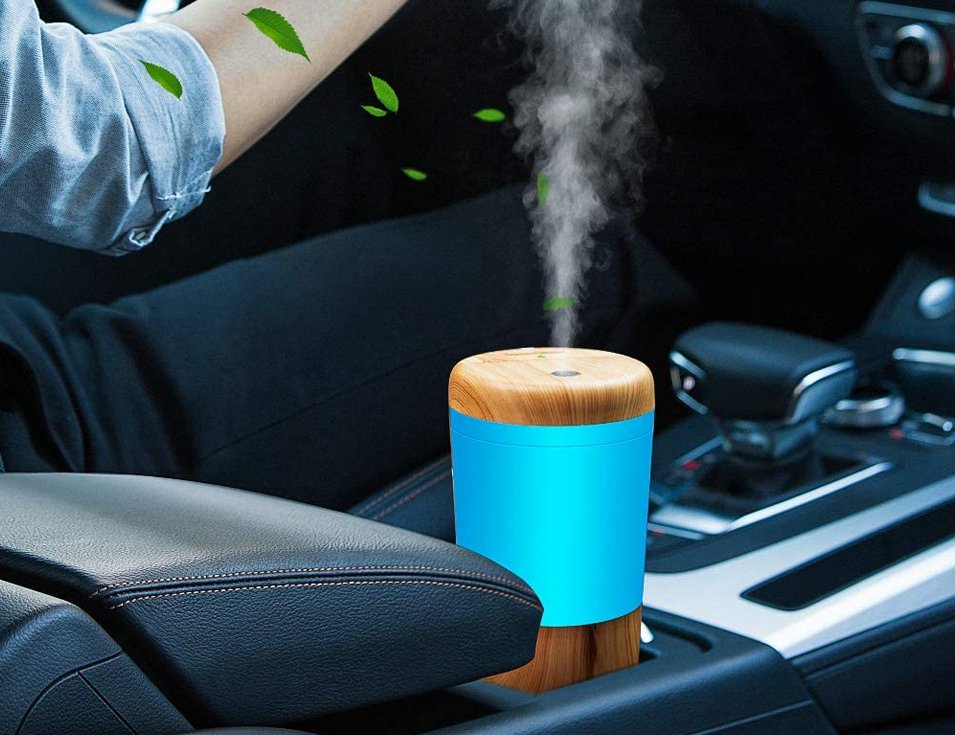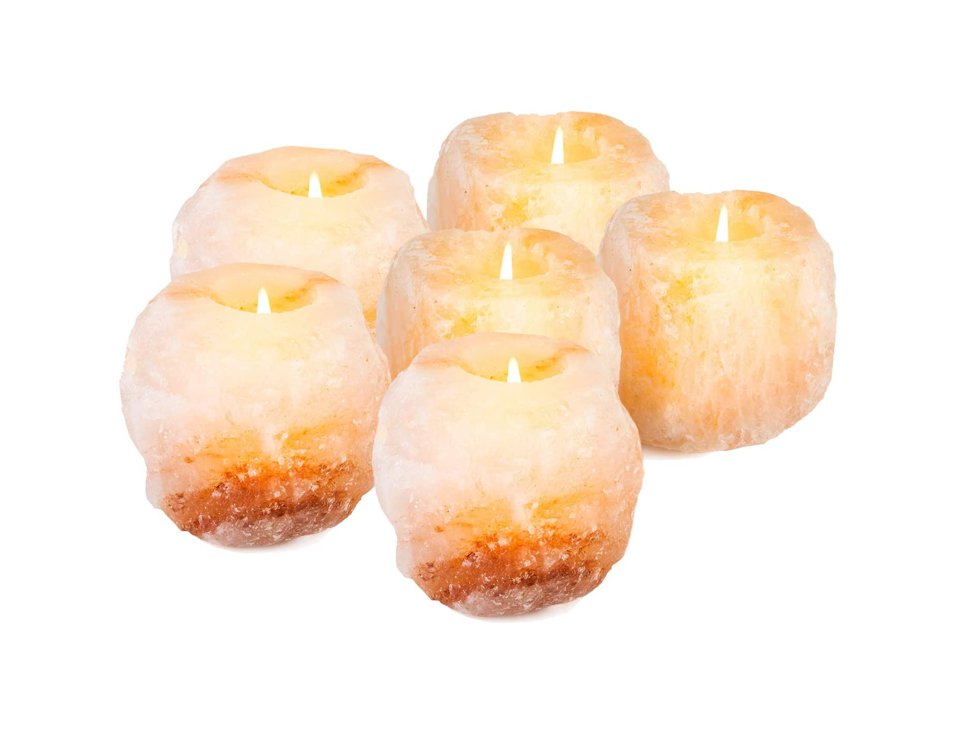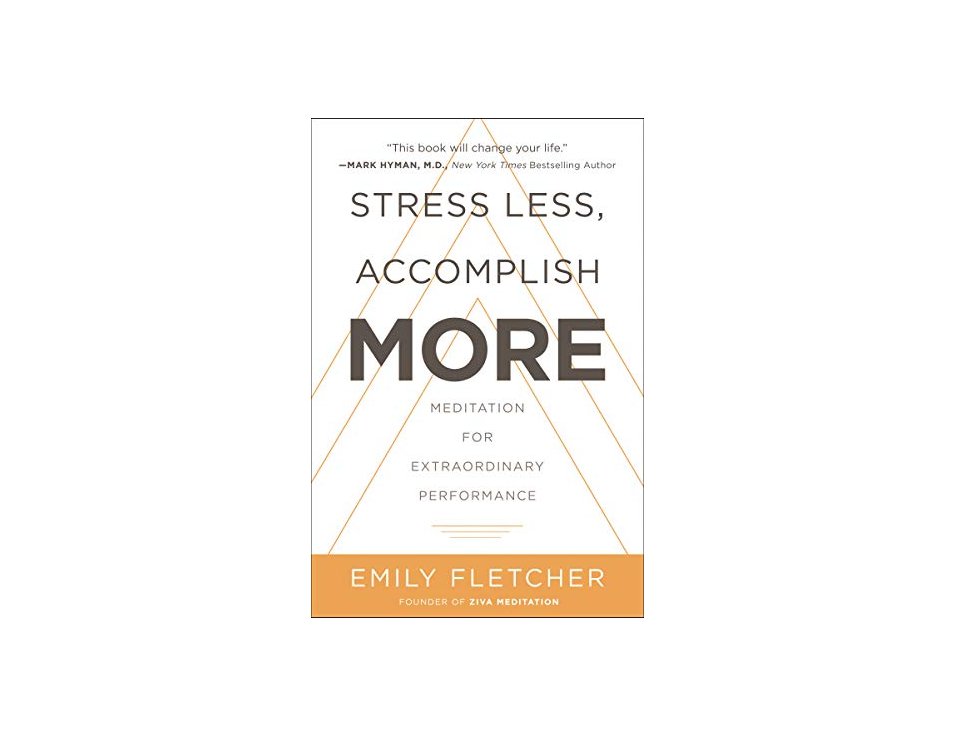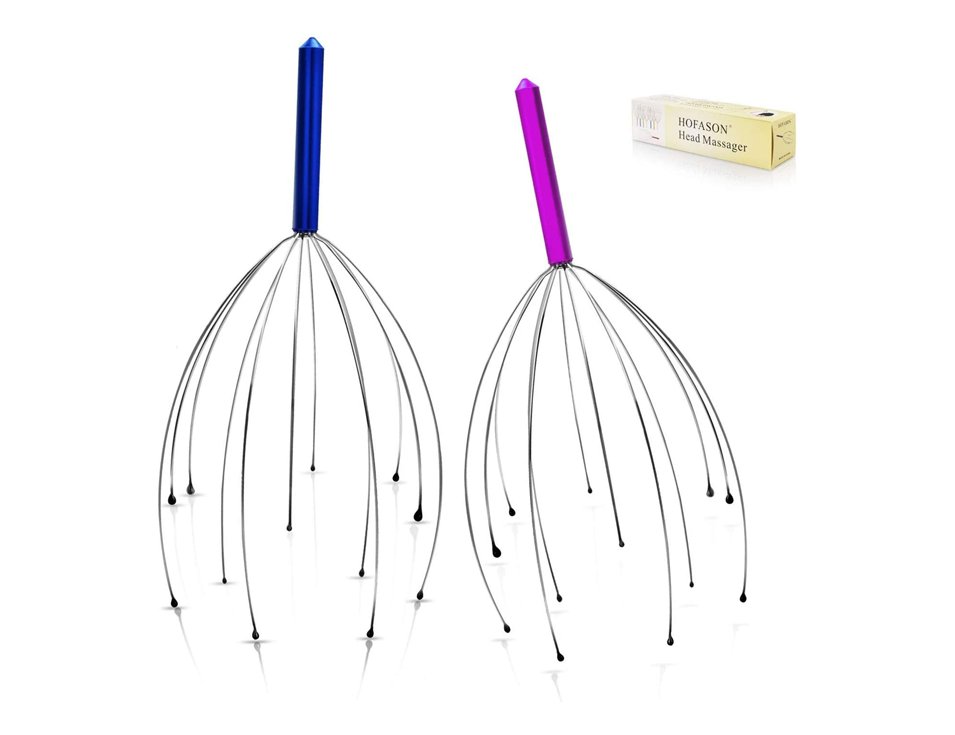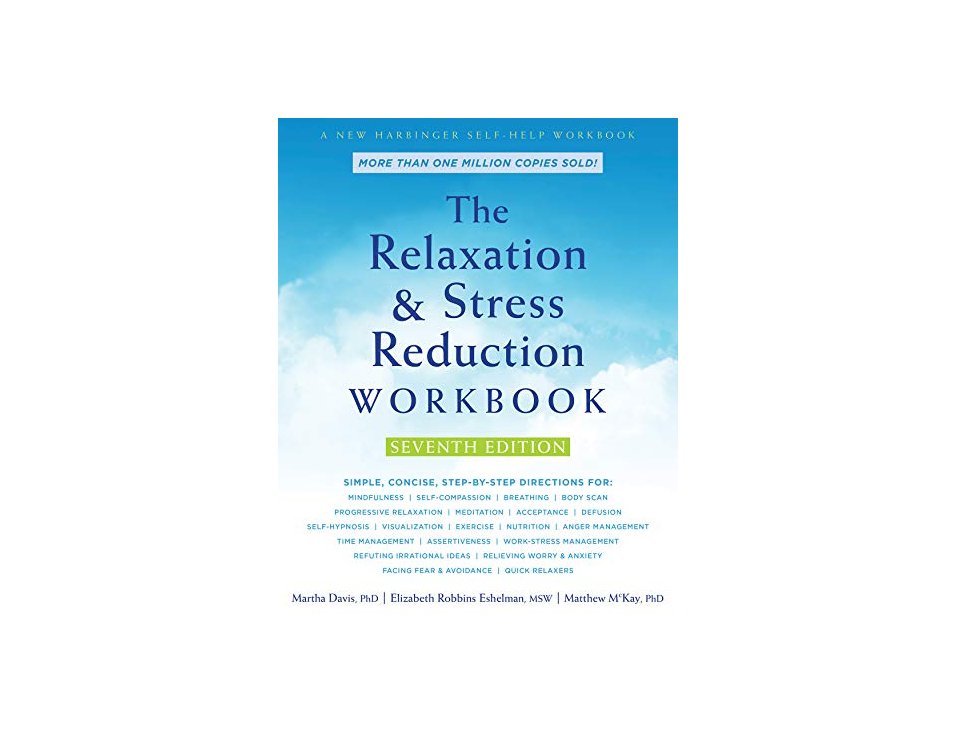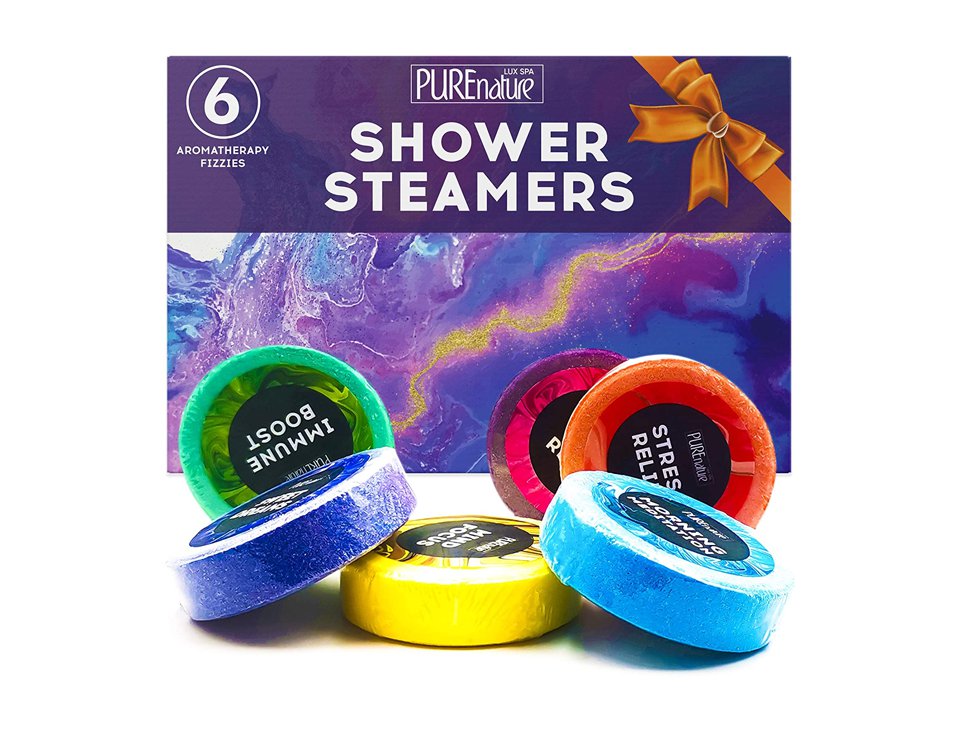
Did you know that 77% of people in the U.S. regularly experience physical symptoms caused by stress?
Stress can come from a variety of sources: work, money, relationships, and the list goes on. As marketers in our industry, where caring for seniors, caregivers and their families is of the utmost importance, stress comes with the territory.
We've pulled together stress reducing techniques that you can incorporate right now. Consider trying them whenever you're feeling burnt out or sharing them with a caregiver.
Breathe
Breathe in… breathe out… One of the simplest ways to relieve stress is breathing. WebMD outlines five different breathing techniques that can help with stress:
- Deep Breathing
- Breath Focus
- Equal Time for Breathing in and Breathing Out
- Progressive Muscle Relaxation
- Modified Lion’s Breath
Through conscious breathing you’re able to shift and release negative energy from your body versus storing it, which is vital in preventing physical ailments that often manifests from stored-up energy, according to the Mayo Foundation for Medical Education and Research. So, the next time you're feeling burnt out, remember to just breathe.
Physical Exercise
There are countless studies that show the health benefits of exercising and how it improves your overall mind and body. According to the Physical Activity Guidelines for Americans, it’s recommended for adults (18-64) to do at least 150-300 minutes a week of moderate-intensity, or 75-150 minutes a week of vigorous-intensity aerobic physical activity, or an equivalent combination of moderate- and vigorous-intensity aerobic activity. The recommendation is the same for adults 65+ who have good fitness and no chronic conditions.
Examples of moderate-intensity activities include:
- Walking briskly
- Recreational swimming
- Bicycling slower than 10 miles per hour
- Active forms of yoga (ex: Vinyasa, power yoga)
- Ballroom or line dancing
- Exercise classes (ex: water aerobics)
Examples of vigorous-intensity activities include:
- Jogging or running
- Swimming laps
- Bicycling faster than 10 miles per hour
- Jumping rope
- Hiking
- Exercise classes (ex: vigorous step aerobics, kickboxing)
Meditation
The practice of meditating has been around for thousands of years and can be a quick way to bring your stress level down. According to Healthline, meditation not only helps reduce stress, but also:
- Controls anxiety
- Promotes emotional health
- Enhances self-awareness
- Lengthens attention span
- Improves sleep
- Helps control pain
- And more
Setting aside just a few minutes every day is all you need. To help get you started, listen to these guided meditations from HelpGuide.
At the end of the day, feeling stressed out is a normal part of life. Though you can't control when stress decides to knock on your door, you can control how you handle it. And luckily for us, we’re part of an industry full of individuals that love to help each other out. So, if you have a stress relief tip you'd like to share with your fellow senior care colleagues, post it in our Facebook and LinkedIn groups.
Must-Have Items for Stress Relief
1 of 10
NEWGO Cooling Eye Mask Reusable Gel Eye Mask
2 of 10
Leewadee Meditation Cushion Set
3 of 10
Naipo Shiatsu Back and Neck Massager
4 of 10
One Fire Car Diffuser Essential Oil Humidifier
5 of 10
ASUTRA Essential Oil Blend, Aromatherapy Spray, Variety Pack
6 of 10
Mockins 6 Pack Natural Himalayan Salt Tea Light Candles Holder
7 of 10
Stress Less, Accomplish More: Meditation for Extraordinary Performance by Emily Fletcher
8 of 10
HOFASON Scalp Massagers
9 of 10
The Relaxation and Stress Reduction Workbook (A New Harbinger Self-Help Workbook) by Matthew McKay PhD
10 of 10
PURE NATURE LUX SPA Aromatherapy Shower Steamers
As an Amazon Associate the Senior Resource Guide earns from qualifying purchases.
